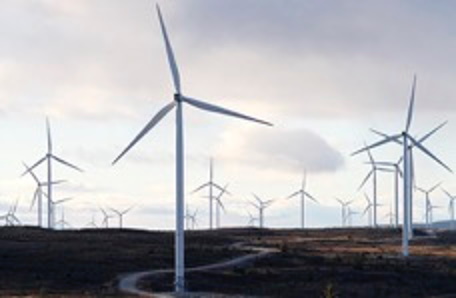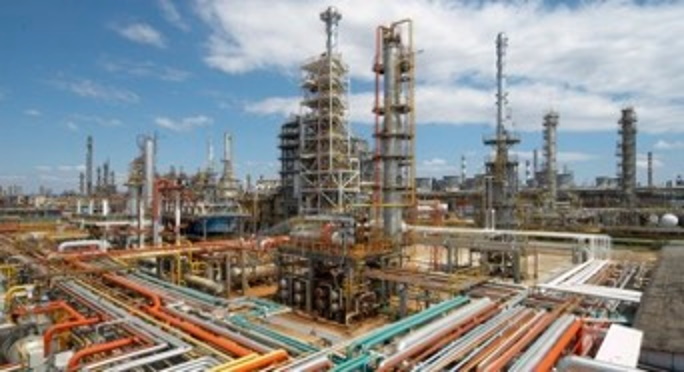Queen’s Chemical Engineering is internationally recognized for its contribution to the field of Process Systems Engineering, with a considerable portfolio of research collaborations with industry. Historically a leading group in statistical process control, current research by members of the group covers all aspects of modeling, control analysis and design, and optimization of chemical process systems, as well as data analytics applied to systems biology.
Interested in graduate studies in process systems? Click here!

Members of the group are leading research on fundamental and data-driven modeling of chemical processes with a substantial effort being devoted to the development of methodologies combining fundamental models with data.
Recent and ongoing collaborations with industry are focused on modeling the dynamic behaviour of a bio-based polymer production process, scale-up and quality control of pharmaceutical production, reactor operation and control with new catalysts, and process improvements for more sustainable production of specialty polymers.

Researchers in the Chemical Engineering department are developing innovative techniques for addressing time-sensitive decision making for the design of high-performance control systems, taking advantage of recent advances in mathematical control theory and control systems technology to develop integrated strategies to improve existing chemical plants to satisfy emission restrictions while reducing energy costs.
Recent and ongoing collaborations with international partners in academia and industry are focused on the analysis and control of multi-physics systems, cybersecurity of chemical plants, data-driven control design, distributed control design, and extremum seeking control.

Researchers involved with the Process Systems Engineering group are developing methodologies to support the development of emerging technologies for problems faced in highly integrated process system environments. Emerging methodologies include machine learning, reinforcement learning, data analytics, distributed optimization, global optimization, real-time optimization and process monitoring.
Recent and ongoing research involve optimal design and operation of energy networks and water networks, large-scale mixed-integer linear and nonlinear optimization, and data-driven optimization.